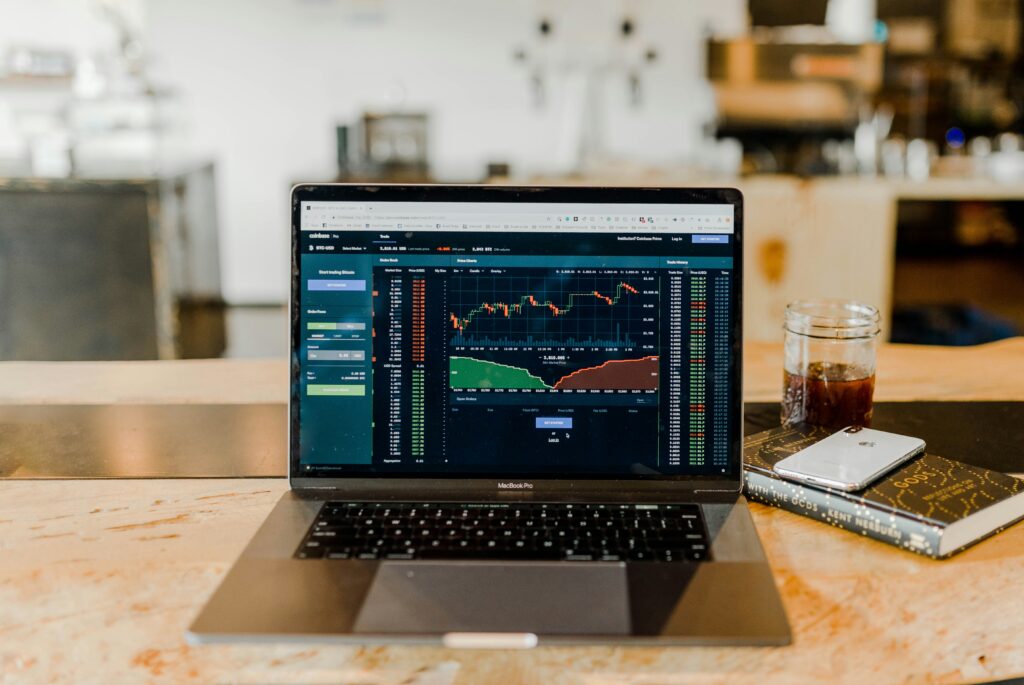
The brand is a very special asset and, in many businesses, it is the most important asset. This is due to the far-reaching economic impact that brands have on enterprise. In a world of abundant choices such influence is crucial for commercial success and the creation of shareholder value. Even non-profit organizations have started embracing the brand as a key asset for obtaining donations, sponsorships and volunteers. Brands have also demonstrated a unique durability and sustained competitive advantage unmatched by any other corporate asset.
The increasing recognition of the value of intangibles came with the continuous increase in the gap between companies’ book values and their stock market valuations, as well as sharp increases in premiums above the stock market value that were paid in mergers and acquisitions in the late 1980s.
Today it is possible to argue that, in general, the majority of business value is derived from intangibles. According to Jan Lindemann, Managing Director of Interbrand, man management attention to these assets has certainly increased substantially.
John Stuart, Chairman of Quaker said “If this business were split up, I would give you the land and bricks and mortar, and I would take the brands and trade marks, and I would fare better than you.”
In fact some brands have demonstrated an as tonishing durability. The world’s most valuable brand, Coca-Cola, is more than 118 years old; and the majority of the world’s most valuable brands have been around for more than 60 years. This compares with an estimated average life span for a corporation of 25 years or so. Furthermore, many brands have survived a string of different corporate owners.
A study by Interbrand in association with JP Morgan concluded that on average brands account for more than one-third of shareholder value. The study reveals that brands create significant value either as consumer or corporate brands or as a com- bination of both.
Today, leading companies focus their management efforts on intangible assets. For example, the Ford Motor Company has reduced its physical asset base in favor of investing in intangible assets. In the past few years, it has spent well over $12 billion to acquire prestigious brand names such as Jaguar, As- ton Martin, Volvo and Land Rover. Samsung, a leading electronics group, invests heavily in its intangibles, spending about 7.5 percent of annual revenues on R&D and another 5 percent on communications. Financial values have to some extent always been attached to brands and to other intangible assets, but it was only in the late 1980s that valuation approaches were established that could fairly claim to understand and assess the specific value of brands. The idea of putting a separate value on brands is now widely accepted. For those concerned with accounting, transfer pricing and licensing agreements, ‘mergers and acquisitions and value based management, brand valuation plays a key role in business today.
MTI Consulting is an international strategy consultancy – having carried out 680 projects across 51 countries, over the last 27 years via 7 Regional Offices and Associates across 30+ countries.
